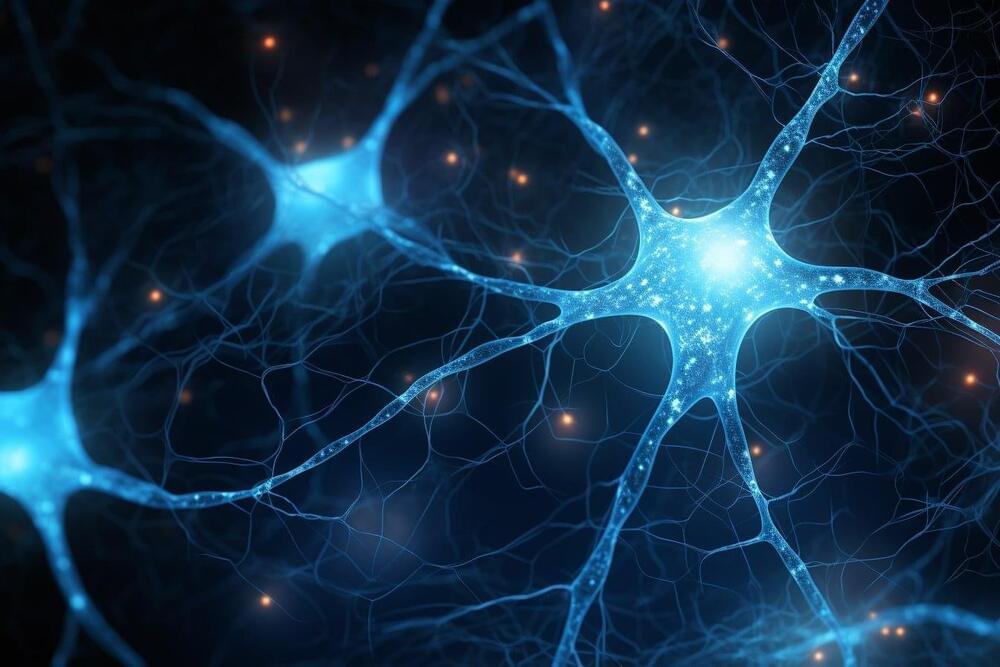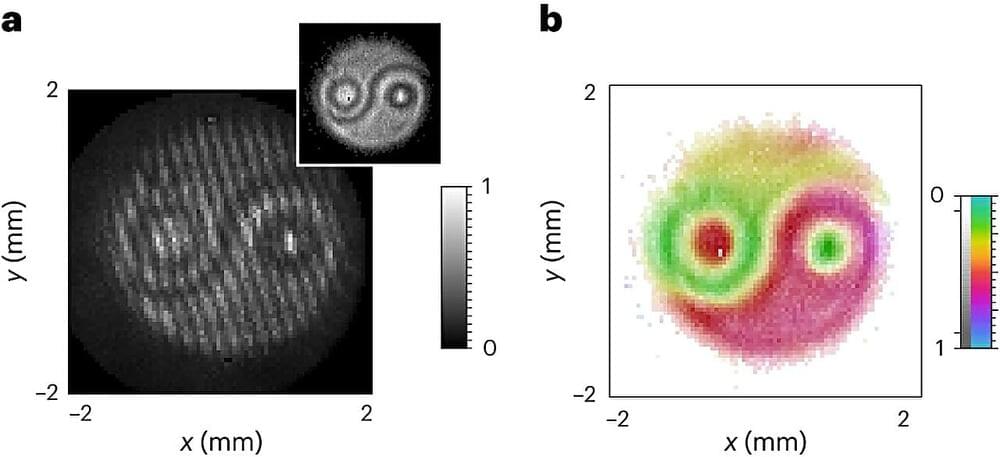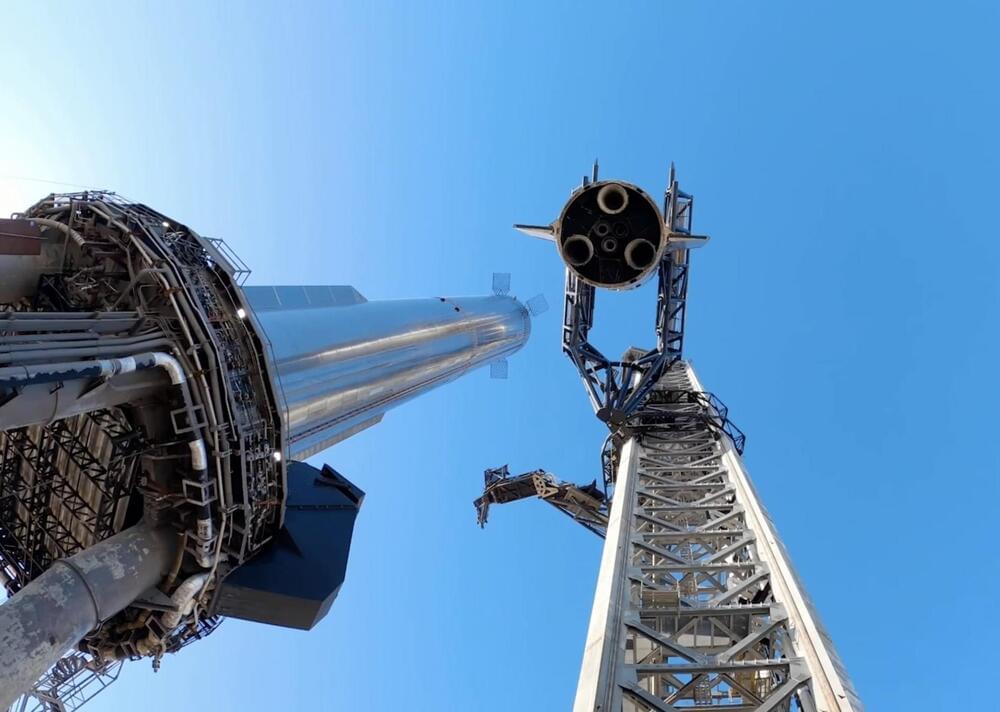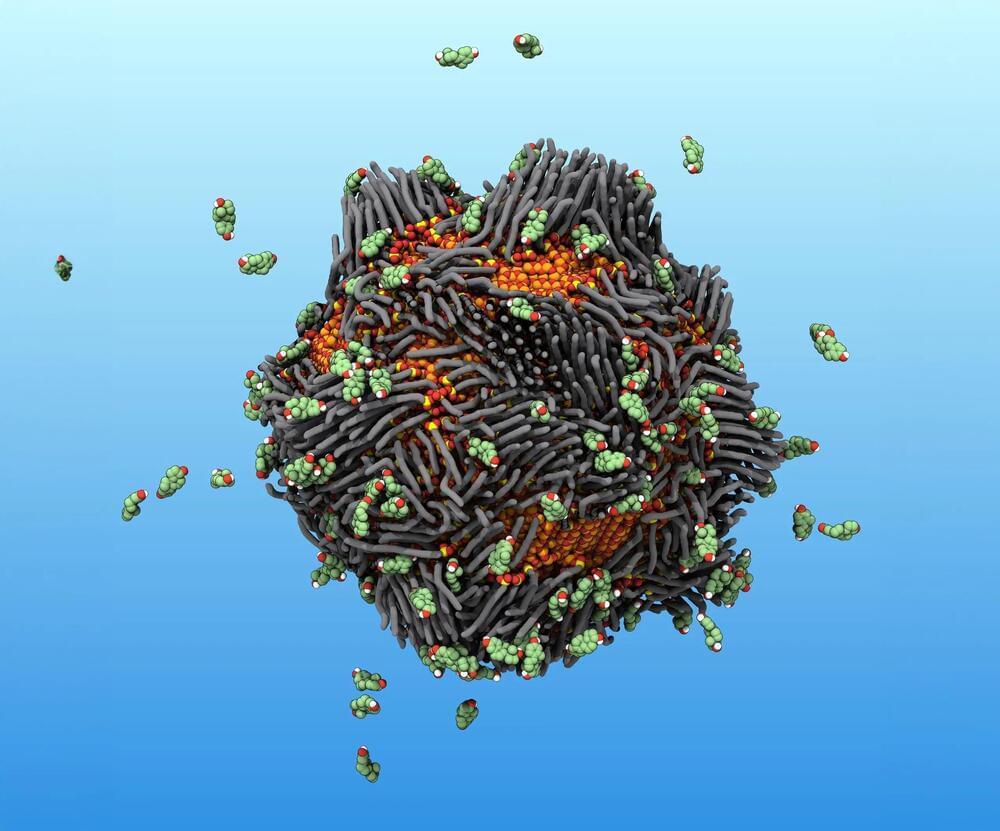Researchers at the University of Ottawa, in collaboration with Danilo Zia and Fabio Sciarrino from the Sapienza University of Rome, recently demonstrated a novel technique that allows the visualization of the wave function of two entangled photons, the elementary particles that constitute light, in real-time.
Using the analogy of a pair of shoes, the concept of entanglement can be likened to selecting a shoe at random. The moment you identify one shoe, the nature of the other (whether it is the left or right shoe) is instantly discerned, regardless of its location in the universe. However, the intriguing factor is the inherent uncertainty associated with the identification process until the exact moment of observation.
The wave function, a central tenet in quantum mechanics, provides a comprehensive understanding of a particle’s quantum state. For instance, in the shoe example, the “wave function” of the shoe could carry information such as left or right, the size, the color, and so on.








